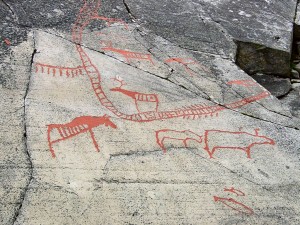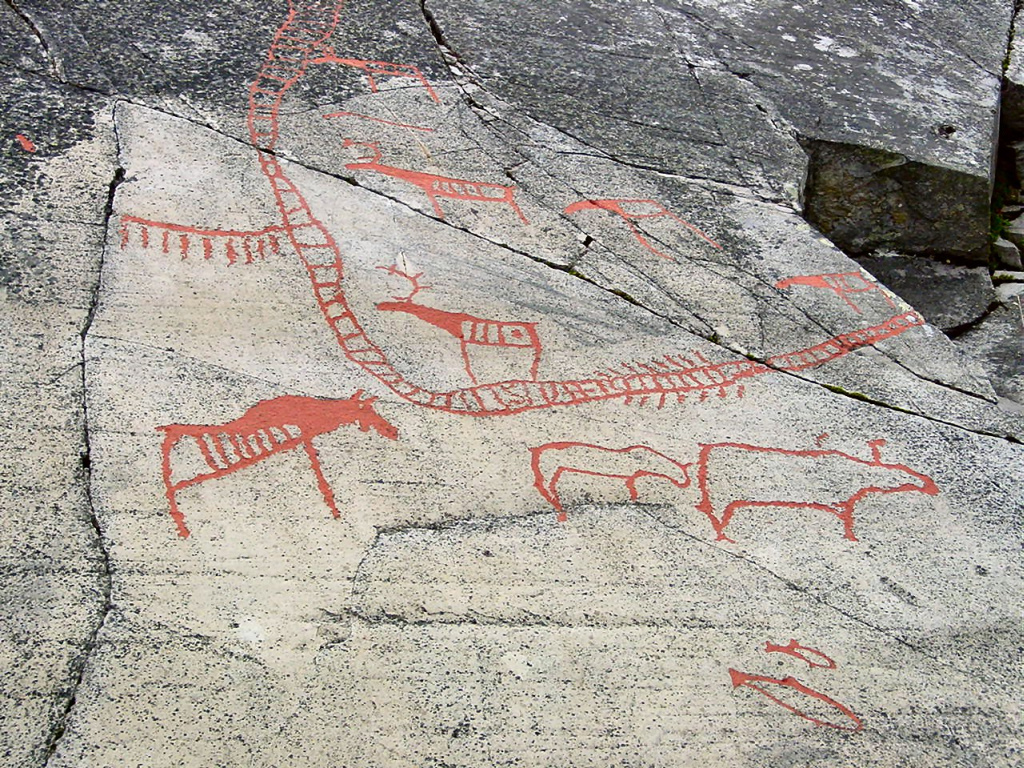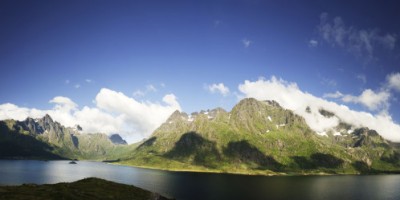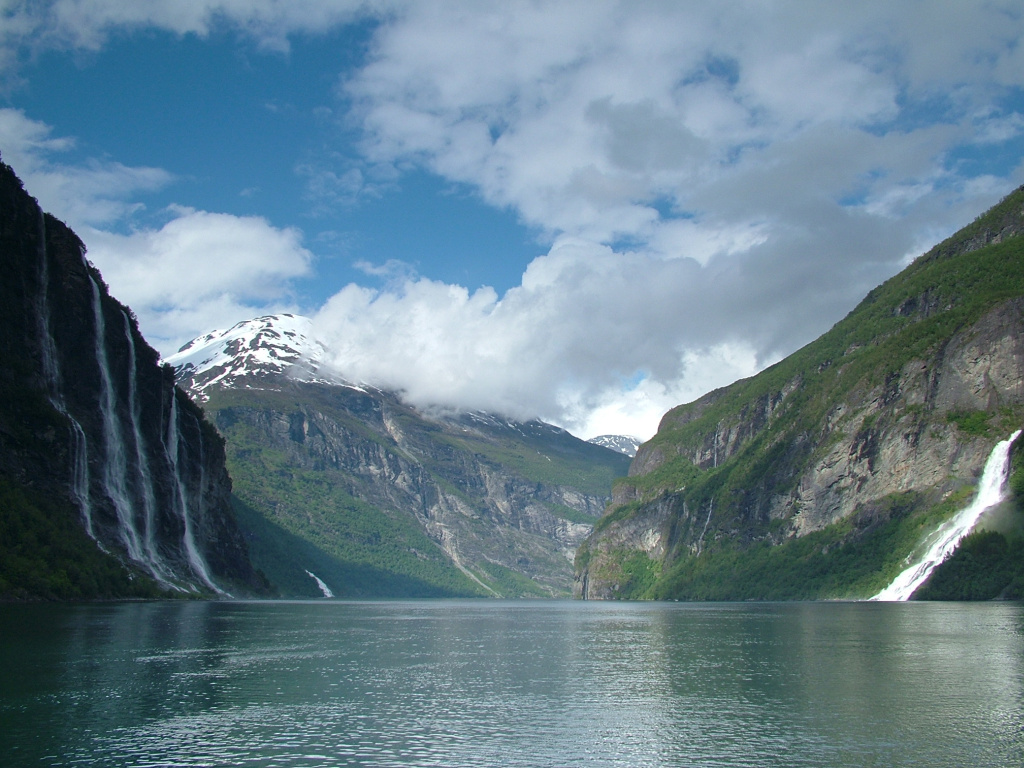 Norway has a history that captivates the imagination of even the most jaded. This country has a long history that dates back to 9000 BC. Many of its relics and historical mementos have been preserved and kept for generations to enjoy and marvel at. With its long history, the best way to know about the history of Norway is to read about in chronological order, so here we go.
Norway has a history that captivates the imagination of even the most jaded. This country has a long history that dates back to 9000 BC. Many of its relics and historical mementos have been preserved and kept for generations to enjoy and marvel at. With its long history, the best way to know about the history of Norway is to read about in chronological order, so here we go.
- From 9000 BC to 8000 BC, we discover signs of human life
- From 8000 BC to 4000 BC, relics of the Old Stone Age appear with clear indications that the major source of livelihood during that time was fishing and hunting
- From 4000 BC to 1500 BC, the New Stone Age starts and signs of farming were evident with livestock and agriculture.
- From 1500 BC to 800 AD, we notice changes and see that the Bronze Age and then Iron Age evolves. In each period, signs of social relics were dug up and can now be viewed in several of Norway’s museums.
- From 800 AD to 1050 AD, the exciting Viking Age with stories of travel and war, conquests and discoveries unfolds. This is the golden age of Norway and children from all over the globe have become familiar with the quest of Vikings through the cartoons and books on Vikings.
- In 900 AD, Norway becomes one kingdom, uniting all principalities
- In 1200 AD, slavery in Norway was abolished
- In 1350 AD, the Black Plague or Black Death descends upon Norway,
killing almost 2/3 of the country’s people - From 1380 to 1536, Norway enjoyed a period of relative calm with the union between Norway and Denmark. In 1814, it joined with Sweden but broke the union in 1905
- In 1914, Norway announced it would remain neutral to World War I, siding with no one, then it did the same thing in 1939 when World War II started although this did not prevent the Germans from entering Norway and exiling the King.
- In 1949, Norway became a member of NATO or the North Atlantic Treaty Organization
- In 1959 Norway founded the European Free Trade Association (EFTA) and a few years after, gas and oil were discovered in the North Sea
- When 1980 was ushered in, Norway attributed that 1/3 of the country’s revenue was coming from oil and gas.
- In 1981, history was made when the first female Prime Minister was elected
- In 1994, the Olympics Winter Olympics were held in Norway, more specifically, in Lillehammer. In the same year, Norwegians voted against joining the European Union.
Since then, Norway has taken the role as mediator of rivaling countries like the Sri Lanka and the Tamils. It helped that Norway is considered as neutral territory as history shows that Norway, over the years, preferred to maintain a comfortable distance from any world conflict.
Today, Norway continues to be a highly political nation, but only internally, as it still maintain a good distance away from regional and universal conflicts.



